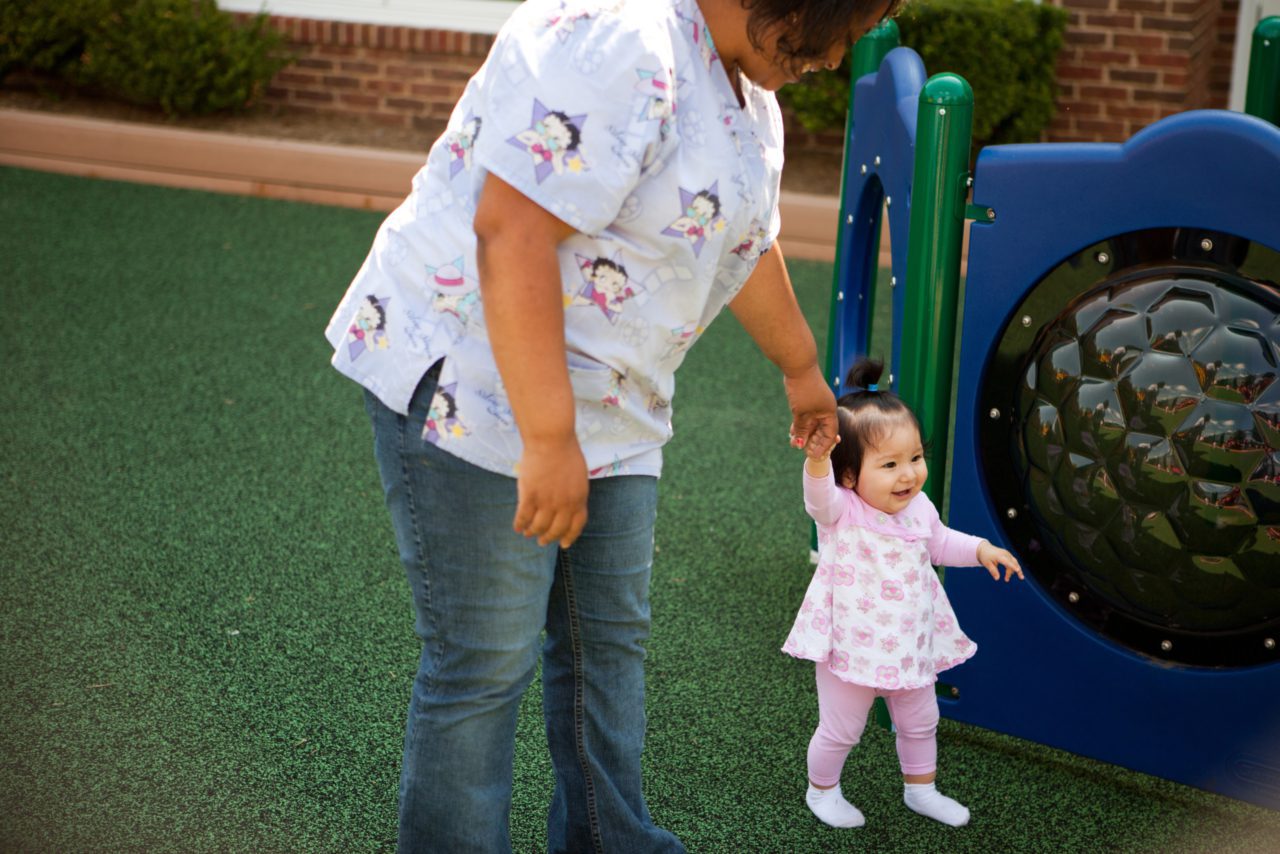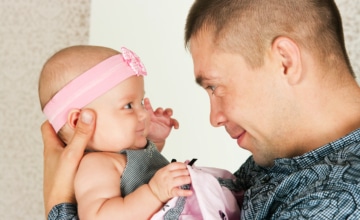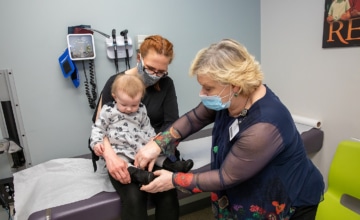We can and should do much more to support parents in their all-important job of getting their babies off on the path to good mental health. We can do that through public policies, such as paid parental leave, home visiting, pediatric visits, and early childhood programs such as Early Head Start.
This is excerpted from the first blog post in a three-part series exploring the mental health needs of very young children. Click here for the full article.
When we hear about a person’s mental health, it’s often in the context of a problem—a colleague is struggling to handle stress at work, a friend’s child is having behavioral problems at school, or a family member has received a diagnosis. And almost always, these discussions are limited to older children and adults. So it begs the questions: when does mental health begin? Do babies have mental health?
As babies, the way we are held, talked to and cared for teaches us about who we are and how we are valued. This profoundly shapes who we will become. The first days, months, and years of life are when the adults who care for us can truly promote strong, positive mental wellness.
So how do we, as parents, caregivers, and professionals, promote a baby’s mental health?
- Engage in loving, responsive, positive interactions. Early experiences matter—a lot.
- Seek to understand the meaning behind young children’s behavior. All behavior has meaning. The better we understand what drives young children’s behavior, the better we are able to meet their needs.
- Recognize that challenges and stress are a natural and important part of a baby’s growth. The ability to manage stress and muscle through challenges builds self-esteem and self-confidence.
We can and should do much more to support parents in their all-important job of getting their babies off on the path to good mental health. We can do that through public policies, such as paid parental leave, home visiting, pediatric visits, and early childhood programs such as Early Head Start.
So, as a society, we are left with a choice. We can support young families as they master that critical dance of development. Or we can wait to address the mental health problems of older children and adults down the road, which is not only draining for them, but also expensive for society. Why not recognize where the foundations of mental health are laid and seize the opportunity to promote a good start.





